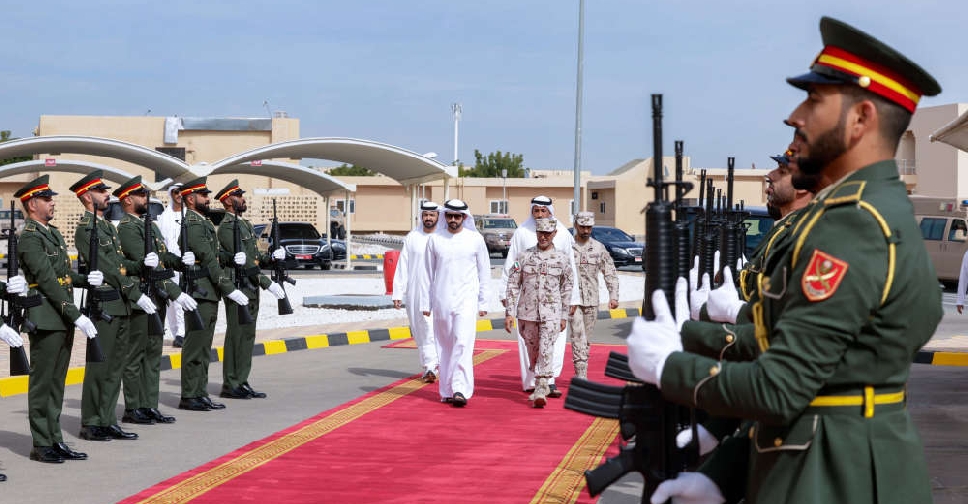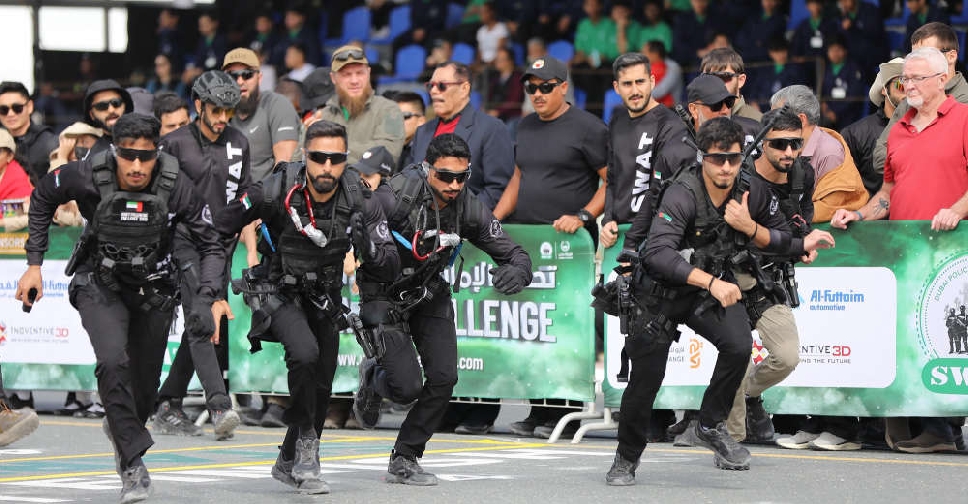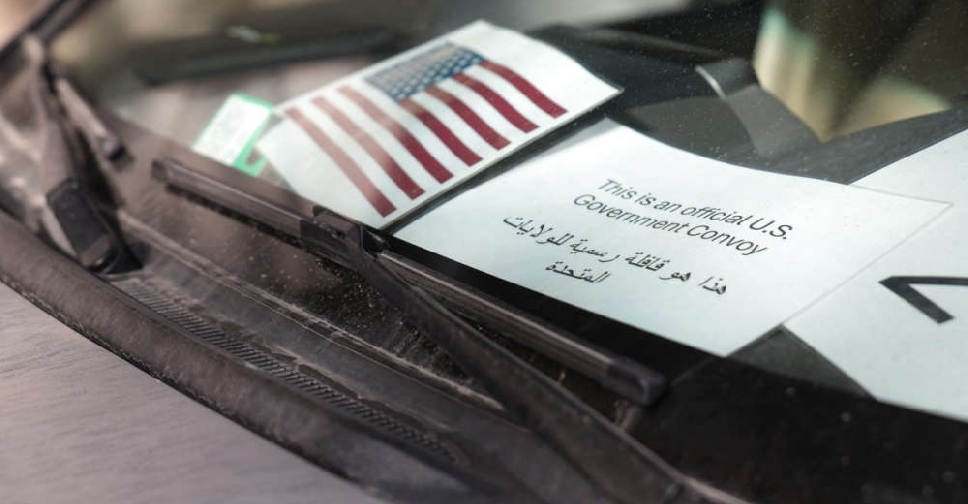
US diplomats visiting Damascus were expected on Friday to hold Washington's first in-person official meetings with Syria's new de facto rulers led by Hayat Tahrir Al-Sham (HTS), hoping to gauge what plans the former Al Qaeda affiliate has for the country.
The United States, other Western powers and many Syrians were glad to see militias led by HTS topple President Bashar Al-Assad, but it is not clear whether the group will show flexibility and move towards democracy.
Officials from the Biden administration will discuss with HTS representatives a set of principles such as inclusivity and respect for the rights of minorities that Washington wants included in Syria's political transition, a State Department spokesperson said.
The State Department's top Middle East diplomat Barbara Leaf, Presidential Envoy for Hostage Affairs Roger Carstens and Senior Advisor Daniel Rubinstein, who is tasked with leading the Department's Syria engagement, are the first US diplomats to travel to Damascus since Assad's rule collapsed.
A press conference had been scheduled with the US officials but a statement issued on behalf of Leaf said it was cancelled for security concerns, without providing details.
Western governments are gradually opening channels to HTS and its leader Ahmed al-Sharaa, a former commander of an Al Qaeda franchise in Syria, and starting to debate whether to remove the group's terrorist designation.
The US delegation's trip follows contacts with France and Britain in recent days.
The delegation will also seek information about US journalist Austin Tice, who was taken captive during a reporting trip to Syria in 2012, and other American citizens who went missing under Assad.
The delegation would meet members of various communities and civil society as well as meeting HTS representatvies to discuss "transition principles" endorsed by the US and regional partners, the State Department spokesperson said.
The US cut diplomatic ties with Syria and shut its embassy in the capital Damascus in 2012.
Several hundred Syrians gathered in Damascus' central Ummayad Square on Thursday to call for a democratic, secular state that ensures equal rights for women. It was the first such demonstration since Assad's ouster.
There is widespread apprehension among Syrians that the new administration will gravitate towards hardline religious rule, marginalising minority communities and excluding women from public life.
Obaida Arnout, a spokesperson for the Syrian transitional government, said this week that women's "biological and physiological nature" rendered them unfit for certain governmental jobs.
The UN human rights office will send a small team of human rights officers to Syria next week for the first time in years following the overthrow of Assad, UN spokesperson Thameen Al-Kheetan told a press briefing in Geneva.
As part of the takeover, rebels have flung open prisons and government offices, raising fresh hopes for accountability for crimes committed during Syria's civil war.
Syrian rebels seized control of Damascus on December 8, forcing Assad to flee after more than 13 years of civil war and ending his family's decades-long rule.
The rebel sweep ended a war that killed hundreds of thousands, caused one of the biggest refugee crises of modern times and left cities bombed to rubble, countryside depopulated and the economy hollowed out by global sanctions.
The lightning offensive raised questions over whether the rebels will be able to ensure an orderly transition.
Forces under the command of Al-Sharaa - better known as Abu Mohammed Al-Golani - replaced the Assad family rule with a three-month caretaker government that had been ruling a rebel enclave in Syria's northwestern province of Idlib.
Washington designated Al-Sharaa a terrorist in 2013, saying Al Qaeda in Iraq had tasked him with overthrowing Assad's rule and establishing sharia law in Syria.
It said the Nusra Front, the predecessor of HTS, carried out suicide attacks that killed civilians and espoused a violent sectarian vision.
Golani said the terrorist designation was unfair and that he opposed the killing of innocent people.
Washington remains concerned that IS could seize the moment to resurrect and also wants to avoid any clashes in the country's northeast between Turkey-backed rebel factions and US-allied Kurdish militia.
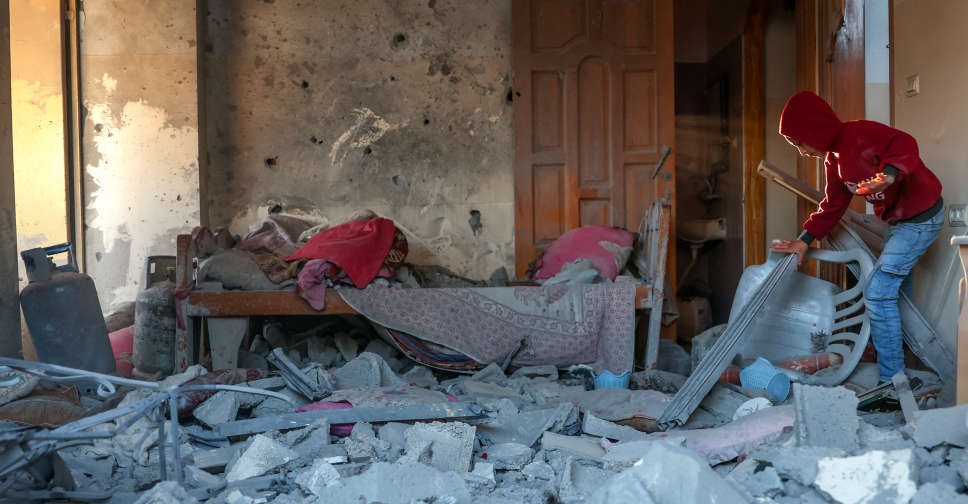 Israeli strikes kill dozens in Gaza as US pushes for ceasefire
Israeli strikes kill dozens in Gaza as US pushes for ceasefire
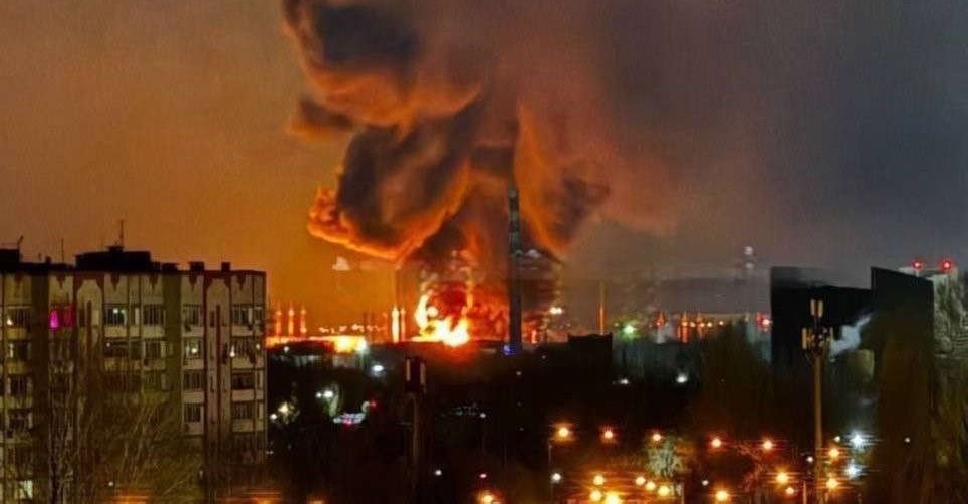 Ukraine hits Russian oil depot serving airfield
Ukraine hits Russian oil depot serving airfield
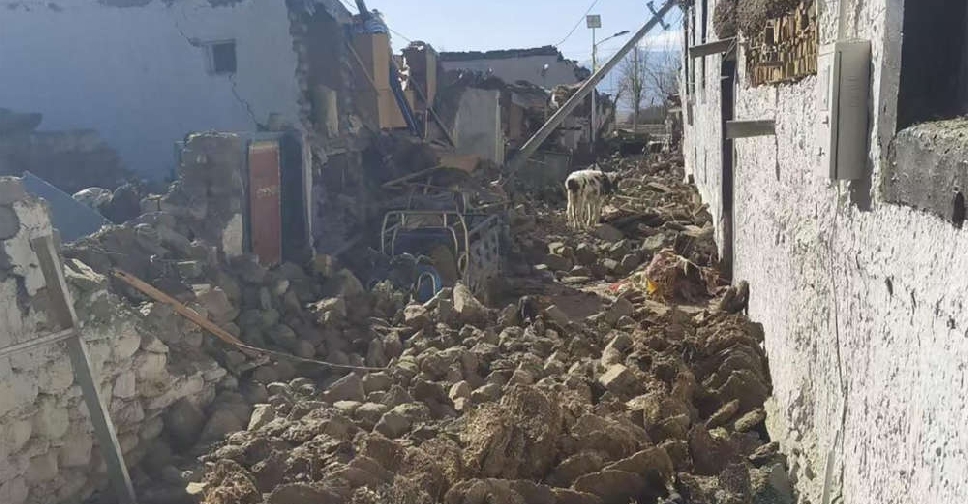 Tibet earthquake death toll passes 120
Tibet earthquake death toll passes 120
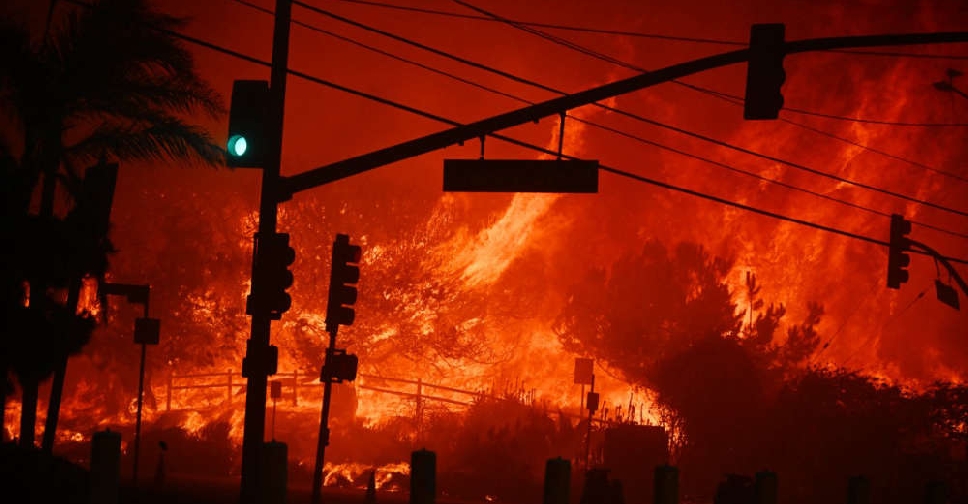 Wildfire rages in Los Angeles forcing 30,000 to evacuate
Wildfire rages in Los Angeles forcing 30,000 to evacuate
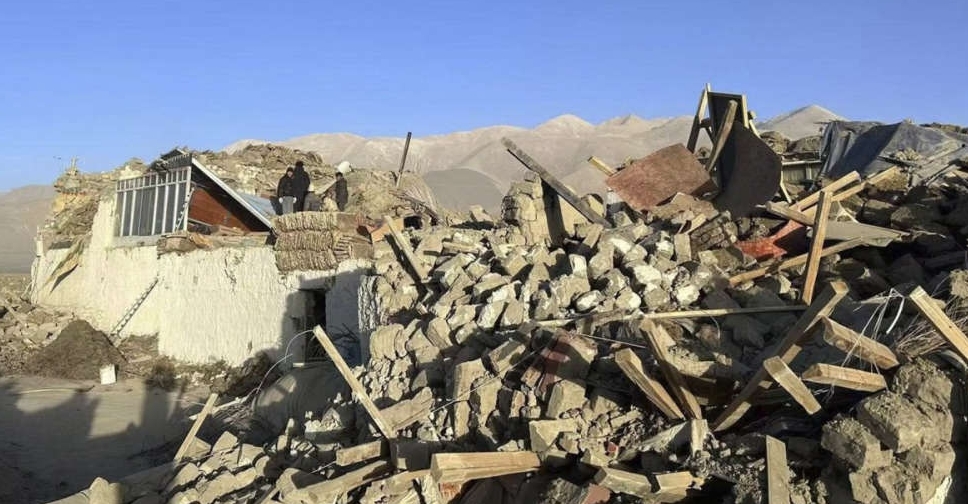 Powerful earthquake kills at least 95 in Tibet
Powerful earthquake kills at least 95 in Tibet

